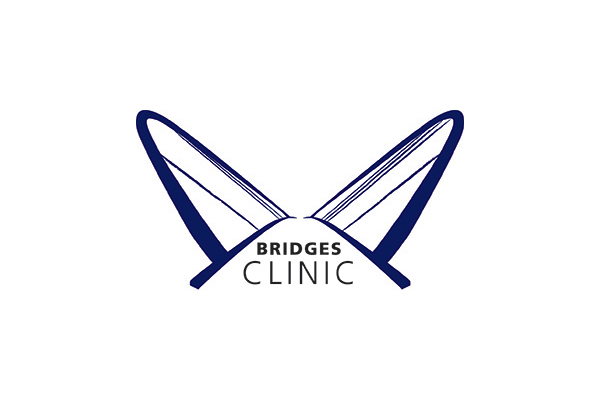Anti-Snoring therapy
Treatment to open up the airway is applied at different levels, from the tongue base to the nose, including the palate and tonsils.
Tooth guard devices, or mandibular advancement splints hold the jaw forward at night to stop the tongue falling back in the throat, which is the usual trigger for snoring.
Which other conditions can be treated?
Other conditions, such as temporomandibular joint dysfunction, catarrh and tooth grinding at night are often relieved by these devices. They are purpose built for each patient.
Sleep Apnoea
Obstructive sleep apnoea (OSA) is a relatively common condition where the walls of the throat relax and narrow during sleep, interrupting normal breathing.
This may lead to regularly interrupted sleep, which can have a big impact on quality of life and increases the risk of developing certain conditions.
Sleep apnoea is a potentially lethal condition, with many different consequences, from irritability and loss of libido, to high blood pressure and heart attacks.
Treatment options for Sleep Apnoea include:
- lifestyle changes – such as losing excess weight, cutting down on alcohol and sleeping on your side
- using a continuous positive airway pressure (CPAP) device – these devices prevent your airway closing while you sleep by delivering a continuous supply of compressed air through a mask
- wearing a mandibular advancement device (MAD) – this gum shield-like device fits around your teeth, holding your jaw and tongue forward to increase the space at the back of your throat while you sleep
Surgery may also be an option if OSA is thought to be the result of a physical problem that can be corrected surgically, such as an unusual inner neck structure.
However, for most people surgery isn’t appropriate and may only be considered as a last resort if other treatments haven’t helped.
